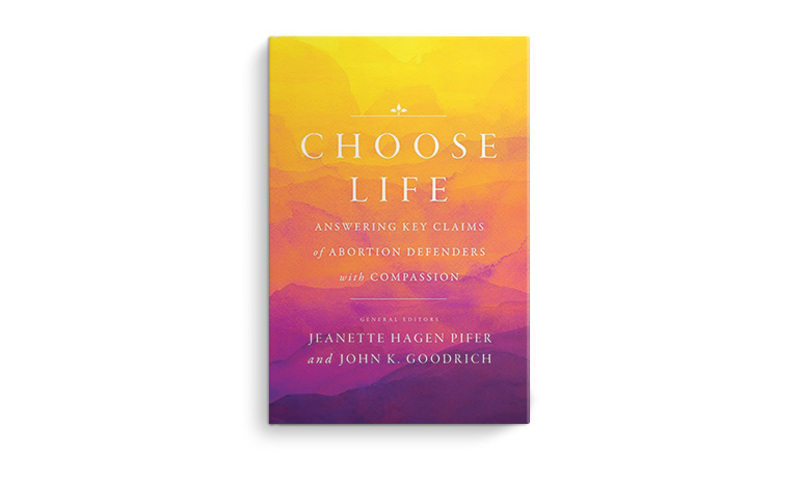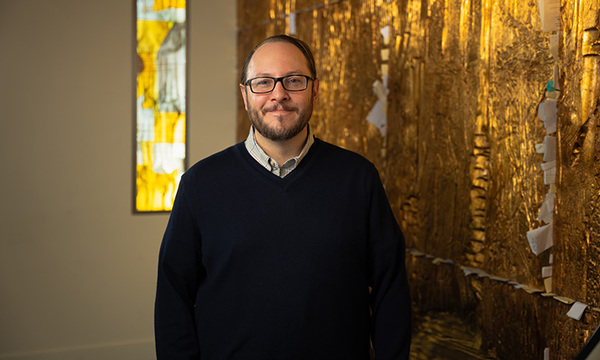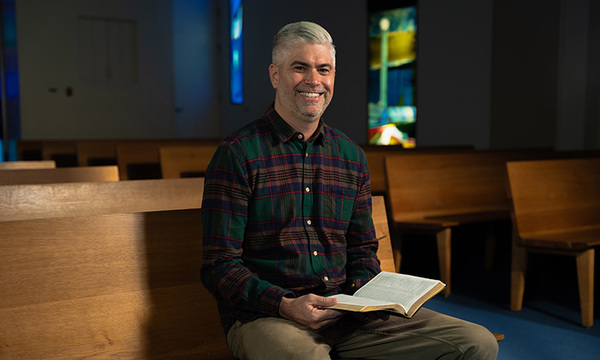Every child in the womb is a precious, unique life, handcrafted by God in his own image — a person in every sense of the word, deserving of respect, dignity, and life. How do we firmly yet graciously arm individuals with scientific facts for defending life, when so many oppose and choose to ignore the science?
Centuries of scientific discovery and technological advancement have provided indisputable proof that from the moment of conception, when the sperm fertilizes the egg, there is the creation of a new, totally distinct, integrated organism — a human being (a person), biologically distinct from all other life forms on this planet. The dynamics of fertilization and human development are well-established. In fact, the very first stage of human development is called Carnegie Stage 1a, marked by the moment of fertilization…
At the moment of fertilization, key steps are initiated that begin development of a new human organism. Each cell contains all of the fundamental molecules it needs to grow, mature, and function, from the very beginning, and for the rest of his or her life. DNA is one of these most basic, fundamental molecules. DNA is in all living things and is passed on from generation to generation, fashioning distinctive characteristics and distinct traits to each next living thing. Human gametes (the sperm and egg) each contain 23 chromosomes, half the number of chromosomes needed to be a human organism. The union of the male and female DNA during fertilization restores the number of 46 chromosomes needed to create a human being with a complete set of unchangeable DNA for that individual’s entire life…
Every living thing has its own unique genome (or complete DNA code), based on the same four nucleotides, A-C-G-T. For example, the genome of a fly is different from a worm, which is different from a mouse and a monkey. Comparing the genomes of various species has revealed that homo sapiens have a genome that is distinctly human and distinguishable from all other animals and plants. For example, human beings have unique DNA, not found in any other animals, that appears to be responsible for why humans have bigger and more complex brains compared to other species.
God designed each person to be unique and magnificent from the moment of conception. The earliest human embryo starts as a single cell, grows to nearly one billion cells by the end of the eighth embryonic week, and will become a fully developed adult containing 30 to 40 trillion cells. The complete genome for each human being is present at conception in the earliest single-cell embryo. There are approximately three billion base pairs of DNA sequence in each human diploid cell; “diploid” refers to a cell that contains two complete sets of chromosomes, i.e., one from each parent. No two humans, except in the case of identical twins, ever have been or will be genetically the same. When estimating the number of different types of people that can be created, it has been determined that any male and female couple can produce 8,388,608 offspring that are each genetically unique. The probability of there being two identical children from any two parents in the population is 6.27 billion to one. If all the DNA in any adult human body is unraveled like a string, it would exceed 63 billion miles in length, which is comparable to 340 round trips from the earth to the sun and back!
Even leading biologists confirm that life begins at conception. Embryologists Ronan O’Rahilly and Fabiola Müller noted that while life is a continuous process, fertilization is “a critical landmark” at which “a new, genetically distinct human organism is formed,” with further observation that, “Prenatal age begins at fertilization, postnatal age at birth.” Non-scientists also acknowledge that human life begins at conception. Pro-choice, atheist philosopher Peter Singer has stated, “There is no doubt that from the first moments of its existence, an embryo conceived from human sperm and eggs is a human being.” And Margaret Sanger, the founder of Planned Parenthood, stated that, “no new life begins unless there is conception.”
A more recent 2019 research study from the University of Chicago quantified the number of biologists who confirm that life begins at fertilization. Results from the study verified that of the 5,577 biologists surveyed, 96%affirmed that a human life begins at fertilization. Responses were based on scientific fact, regardless of differing views on abortion and politics. In fact, the majority of the sample identified as liberal (89%), pro-choice (85%), non-religious (63%) and Democrats (92%). The conclusion from this study is simple — the vast majority of biologists agree that all human life begins at the moment of conception, because it is scientifically true and based on validated, objective, biological investigation.
Taken from Tara Sander Lee, “Knit Together in a Mother's Womb: The Biology of Prenatal Development,” in Choose Life: Answering Key Claims of Abortion Defenders with Compassion, John K. Goodrich and Jeanette Hagen Pifer, gen. eds. (©2022). Published by Moody Publishers. Used by permission. Jeanette Pifer (M.A. ’11, Affiliate Professor of New Testament) contributed a chapter titled “Made in God’s Image: Personhood according to Scripture.”
 Biola University
Biola University



